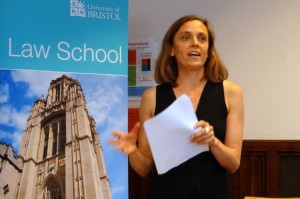
Ann Singleton, Senior Research Fellow, University of Bristol and currently on secondment to the Global Migration Data Analysis Centre (GMDAC), Berlin

Dr Monish Bhatia, Abertay University
Recently the public and media became aware, through one image across Europe (and the world) of the plight of people fleeing for their lives. Within the UK this image produced an awakening after months and years of warnings about the consequences of policy failures, wars and discrimination against migrants. Evidence of the catastrophic failures of UK and EU migration policies, which are based solely on immigration control, borders and ‘security’, have been disbelieved or treated with scepticism by policy makers, officials and many academics.
Repeated reports of deaths in the Mediterranean were ignored or seen as someone else’s problem, the public having been fed a relentless ‘diet’ of poisonous ‘news‘ and rhetoric about migration in general. Institutional racism and discrimination was further embedded as asylum seekers (including children) in the UK were detained, portrayed as troublesome, instead of being welcomed and offered protection. Furthermore, the consequences of austerity are continuously blamed on migrants.
There is a crisis of democracy, as well as policy and a humanitarian crisis, which has been fuelled by the action and inaction of our government.











